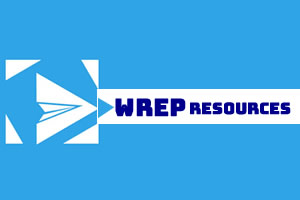Women’s Right to Education Programme (WREP) is implementing a project titled “Increasing the access of girl –
A large part of the Nigerian population made up of mostly women and girls lack basic education and some of the deep rooted problems that have been widely overlooked that have given rise to this phenomenon are the failure to provide the students with conducive learning environment enriched with meaningful curriculum, quality teaching and enriching community support. The resultant effect of this situation is twofold: dearth of adequate knowledge base and high skills to propel the national economy and the perennial cycle of illiteracy induced poverty. Unfortunately, the staggering reality as a nation is that the education system in Nigeria has been increasingly decaying over the years without any substantive intervention, particularly by government at various levels who should have been honest in discerning and implementing programmatic remedies. We are now left with the daunting task of correcting years of neglect and anomaly in Nigerian education system.
The TY Danjuma Foundation daunting challenge of contributing its quota to enhancing the quality of life of Nigerians by supporting initiatives that improve access to educational opportunities as well as health.
Haven identified the urgency of the situation, Women’s Right to Educational Programme (WREP), took up the challenge to implement a project that would enhance the educational situation of selected communities in Taraba State. The project is being implemented in Wukari and Takum local governments in Taraba state with the target of reaching about 2000 primary school pupils giving them access to education through the provision of renovating class rooms and providing furniture.
The overarching goal of the project is to carter for the large number of pupils, especially the girl child in a bid to reduce illiteracy among the rural poor, boost the education sector of the state, increase community participation in school governance as well as provide an environment that will enhance productive teaching-
The project is also geared towards increasing access to quality education through rehabilitation of infrastructures and supply of furniture (class rooms) in Tor Iorshagher LGEA primary school Rafin Kada ward of Wukari, and Lijam LGEA primary schools of Takum LGA’s in Taraba State. Capacity of building for teachers to enhance effective dissemination of knowledge to primary school pupils is a major feature in this project with the impartation of skills in school record keeping, curriculum development, public speaking and books preservation. The project is also working towards increasing community participation and ownership of schools through setting up and strengthening School Based Management Committees in the selected primary schools.


